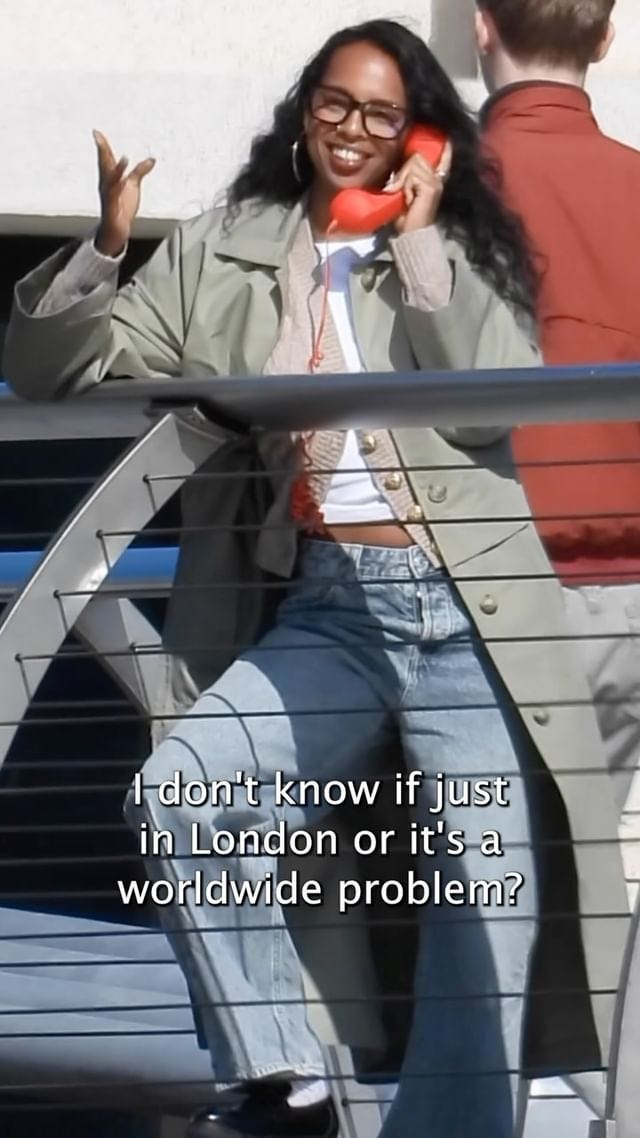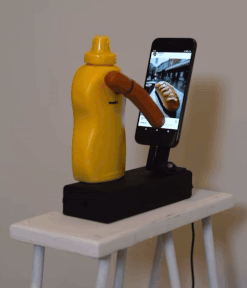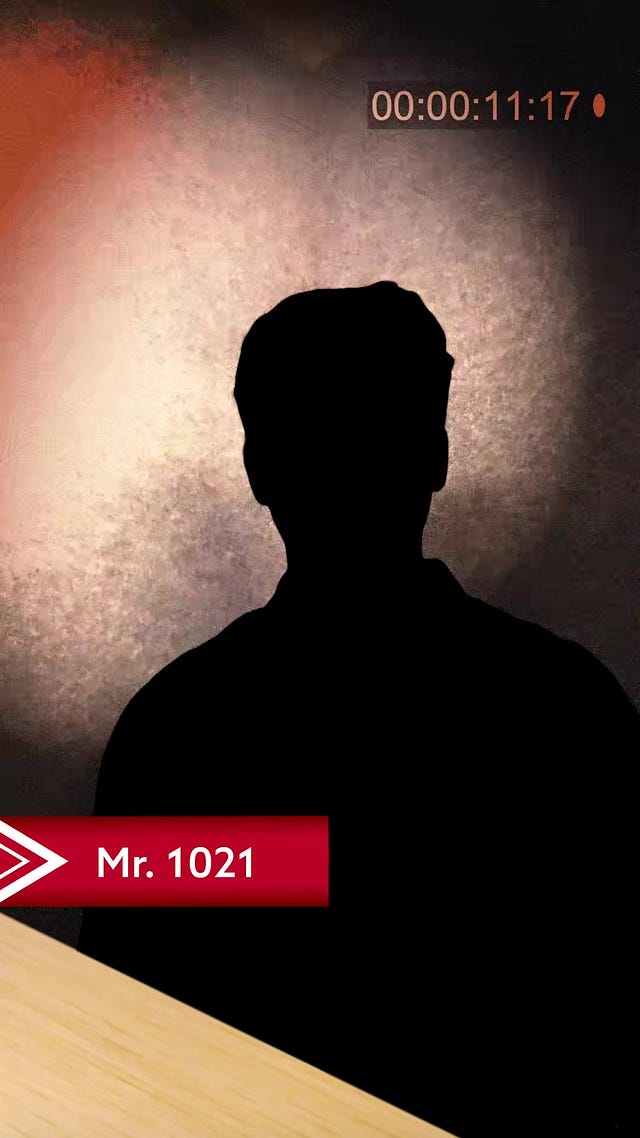MØRNING. For over twenty years now, our social media feeds have kept us satiated. Breadcrumbing us into a digital-food coma, one tasty new platform at a time. Vine humour, Facebook timeline, the golden eras of BeReal, Tinder and Twitter. Who could forget these culture shifting moments? Or more importantly, why is it so hard to remember anything else beyond their seismic impact.
In our modern digital landscape, as feed based platforms rise prolifically, and our abilities to dig further, delve deeper or decompress become further out of reach, context is often sorely missing. Technological operating systems and carefully crafted user experiences now define our understanding of the world. What we do not yet know are the effect(s) that routinely engaging with the infinite scroll has on us, and specifically, our longevity. Luckily for us, Tyler Hall, translator of ideas and self-ordained meme priest is here to take us through how we got here, and the possibilities for an alternate feed-free future.
The act of feeding is as old as the first living organism. Life has had billions of years to guide and control the impulse to feed, and we have evolved the mechanism to know when we are done feeding, known as ‘leptin’ aka the fullness hormone. Understandably, our online lives have only amassed 40 years vs. 4 billion, so we could be waiting a while yet for a similar, digitally adapted mechanism to kick in.
However until then, why do we continue to rot in bed, mouth agape as we fall deeper into our titanium plated black holes? We’re no longer fighting the dopamine addiction (see our recent newsletter exploring our addiction to online images), we are rolling over and succumbing to it - becoming the lingering sick patient trapped in the spiral of malaise and mental health afflictions (see reel below exploring the negative effects of dating algorithms, via A View, from a bridge). As both body and mind struggle to keep up, brands are racing to create unique experiences in order to keep us engaged, with many choosing to follow the same playbook, and our longevity suffering because of it.
From the unwanted curations of the Apple Photos widget, to hated Spotify algorithms, and the changing experience of Reddit, the endless scroll can feel like one big downward spiral.
How did we end up here, and why? Well, the innocuous answer is that algorithmised feeds create a more enjoyable experience by reducing information clutter, and help you find things you might’ve overlooked… and brands want you to have a good experience with their products and services, of course.. but only through the ones they designed for you. *Cue the owned feed onslaught*.
The more devious answer is that this is an inundation tactic: disorienting by design. Our minds are hardwired to contextualize our surroundings, to bring order to the signals that we experience. Unsettled minds are more willing to accept order and authority, and brands communicate this through clean or literal messaging, seamless app experiences and more (see Nutterbutter’s adoption of branded brainrot below). Unapologetic digital troughs to nourish the neediest parts of our brains.
 Tiktok failed to load.
Tiktok failed to load.Enable 3rd party cookies or use another browser
Did we ever consent to this method of encountering the world? Not officially, but looking at what’s on offer from the supposed responsible parties controlling the internet….has become utterly disappointing (see X from Aza Raskin, inventor of the infinite scroll). This fait accompli that you can have 'discovery' from a feed is furthering the distortion. That an algorithm can accurately deliver you content that it ‘found’ for you is a sign of the times and should be a call for change. Indeed, if we don’t encourage our minds to remain active, we will surely lose them (see post below exploring the internet’s co-option of contextless-ness).
The internet of the 90s and 00s struggled with many things - respect, criminality, anonymity, formality, identity, coherency, services, you name it. But what it did have was vitality, a budding understory of active minds discovering, remixing, pirating, hacking, debating, and disrupting. The good, the bad, and the non-compliant all had one thing in common: they discovered and created on their own, and probably worked hard to find what they were looking for. Perhaps that set up was better for our mental longevity than we care to admit.
The troubling trend I have seen is that we are losing our ability to seek out ‘active work’ online: to find what is novel, to discover ideas on our own, connect with people, content, and new ways of thinking. Some of the best answers I could find are companies like Opal.so, Web1 inspired sites like PI.FYI or algo-free image sourcing platform, Are.na. As for the future, while acknowledging inherent techno-utopian pitfalls, I believe that assistive AI could well be the leptin for our digital lives: leaving us room to flex our mental muscles but also acting as ‘digital nanny’, warning us when more consumption could be of harm.
Regardless of how our digital experiences progress, we must not forget that it is the act of looking, searching, and the beautiful longevity in these pursuits that is largely missing from our daily lives. The trappings of digital fast food are here and here to stay, however there’s a clear opening for the reinvention of discovery online. Who or what will be the one to provide the alternative to our "FEED"?
What do you think, readers? Is there an intuitive alternative to the feed? Let us know below…
Words by Tyler Hall. Cover image by Chunlong Sun for Magic Light Studio, via Behance. Brought to you by @morning.fyi.











W e ‘re a L r E a D y d O n E f O r . . .
🫶